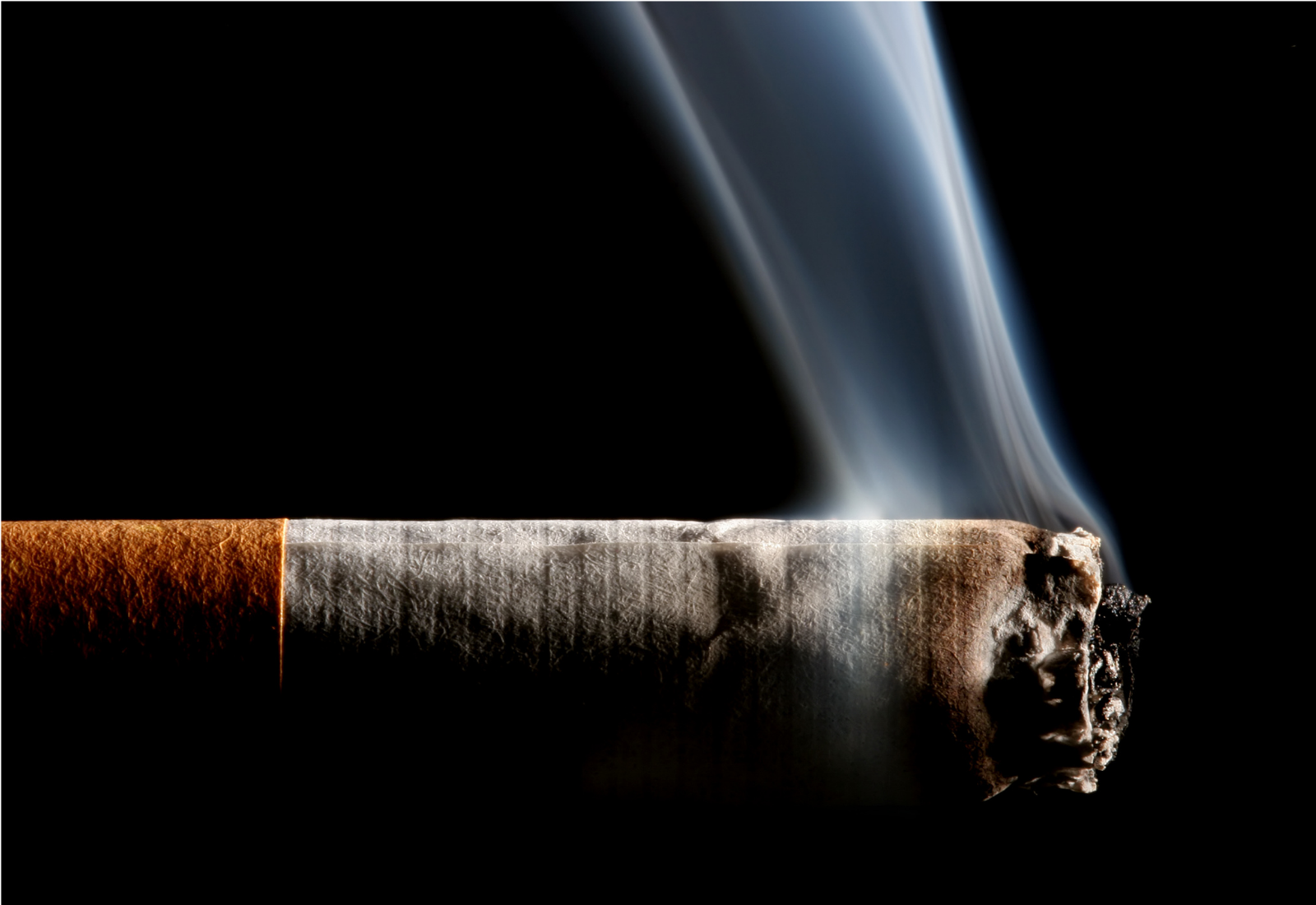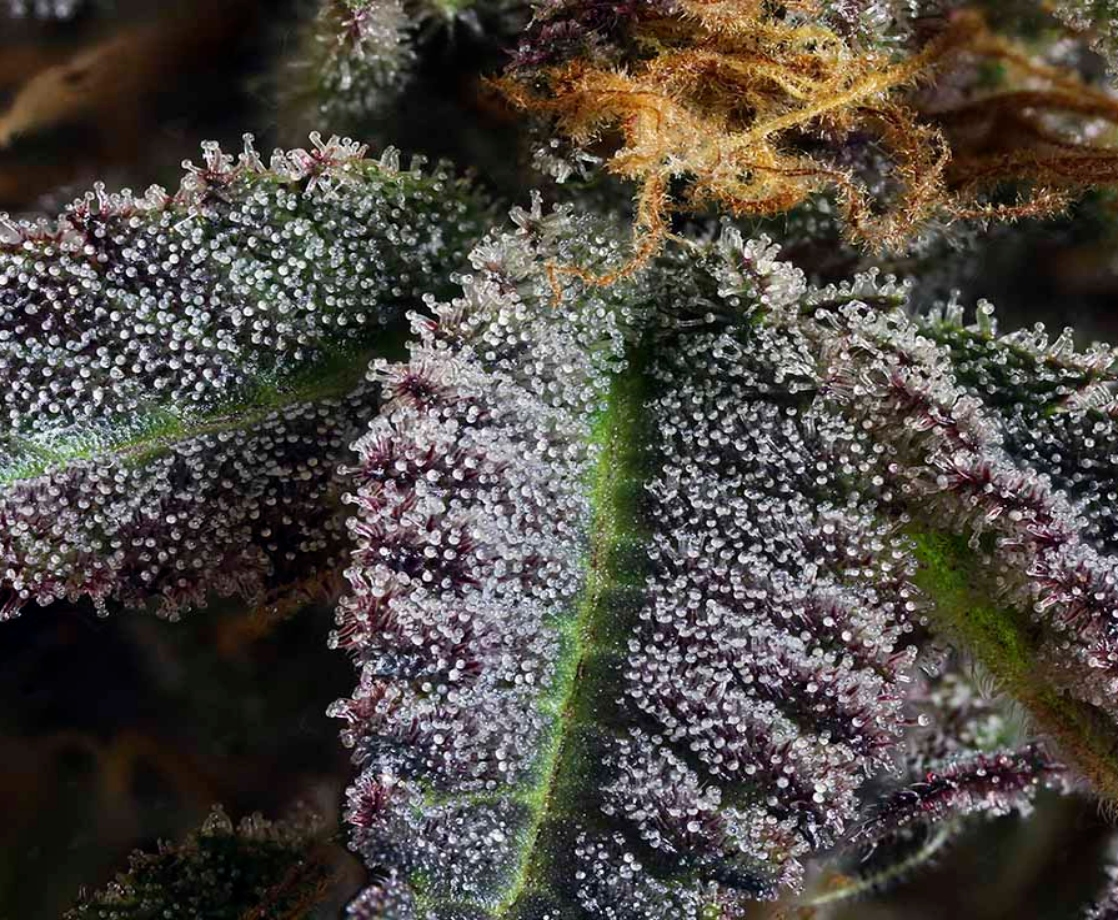Photo via UK in Japan
Legal medical cannabis may be coming to the U.K. at last, now that the recent story of an epileptic 12-year-old — and subsequent wave of public support — has convinced government officials to take a second look at the prohibition of marijuana. Just like the U.S., the U.K. government currently classifies all forms of cannabis as Schedule 1 drugs, a category reserved for dangerous substances with no medical value. This week, the government's chief medical officer released a report stating that the proven medical benefits of cannabis warrant a fresh look at the laws prohibiting its use.
The road to potential reform began with the case of Billy Caldwell, whose six-month supply of CBD oil was seized by British customs authorities last month. Caldwell, who had previously gone for as long as 300 days without an epileptic episode while taking CBD, was soon hospitalized with life-threatening seizures, leading Home Secretary Sajid Javid to grant Caldwell a special short-term license for CBD medicine. Shortly thereafter, the Home Office also granted a second license to Alfie Dingley, another young boy suffering from a rare form of epilepsy.
Following these incidents, Javid requested a special review of current evidence on the risks and benefits of medical marijuana. On Tuesday, Professor Sally Davies, Britain’s chief medical officer, turned in the first stage of this report, which recommends that the government accept the medical use of cannabis. Davies wrote that there was “conclusive evidence” that cannabis was an effective treatment for chronic pain, nausea brought on by chemotherapy, and symptoms of multiple sclerosis, among other ailments.
“Schedule 1 drugs by definition have little or no therapeutic potential,” Davies concluded, Marijuana Moment reports. “As summarized in this review, there is now conclusive evidence of medicinal benefit of cannabis based products for certain medical conditions, and reasonable evidence of benefit for indications that they may be useful under restricted circumstances. My recommendation is that cannabis based medicinal products are moved out of Schedule 1 of the Misuse of Drugs Regulations 2001.”
While chances seem good that the country will decide to relax its restrictions on cannabis for medical use, authorities have made it clear that they have no such intentions toward recreational pot. “Let me be emphatic — this report does not look at recreational cannabis use and does not endorse or condone recreational use,” Davies wrote, according to The Independent. “There is well-established evidence on the potential harm of recreational cannabis use. This is about helping patients, in exceptional circumstances, get access to treatment which could work.”
“Recent cases involving sick children made it clear to me that we needed to take a fresh look at the scheduling of cannabis-related medicinal products,” Javid said to The Independent. “I would like to thank the chief medical advisor for her initial review and have now asked my independent advisory committee to commence the second stage of this process. When I have received its advice, I will consider what next steps need to be taken.”
The U.K. Advisory Council on the Misuse of Drugs (ACMD) is now undertaking the second phase of their review, weighing the "balance of harms and public health needs" with respect to rescheduling cannabis, BBC News reports. Prime Minister Theresa May's official spokesperson released a statement noting that “the ACMD will be advising on whether cannabis-related medicinal products should be rescheduled within the next three weeks.”










